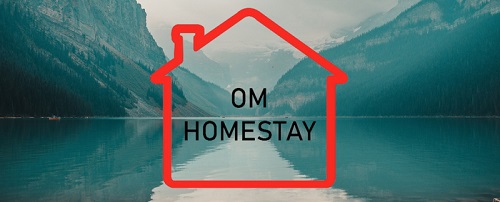Explore Rishikesh Like Never Before
Trekking, Adventure, Temples, Food & Everything You Must Know Before You Visit
Featured Article
Latest Article
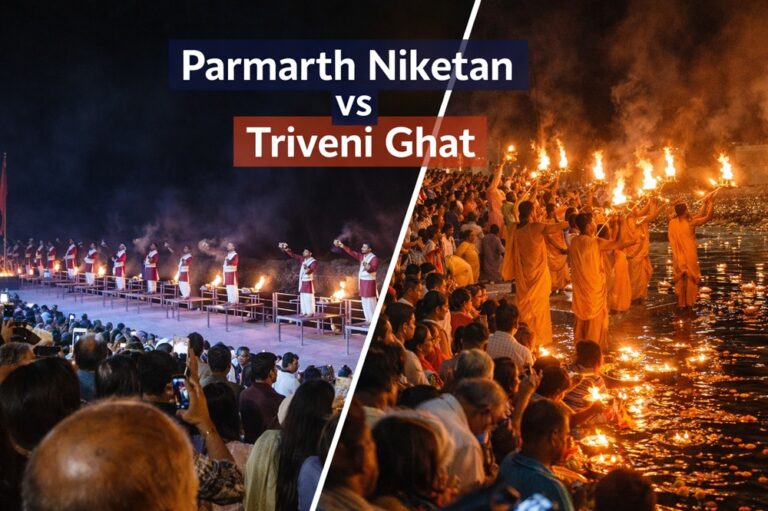
Parmarth Niketan vs Triveni Ghat: Which Ganga Aarti Right for You? (2026)
Parmarth Niketan vs Triveni Ghat: Which Ganga Aarti Right for You? (2026) Parmarth Niketan vs Triveni Ghat Bottom Line: If
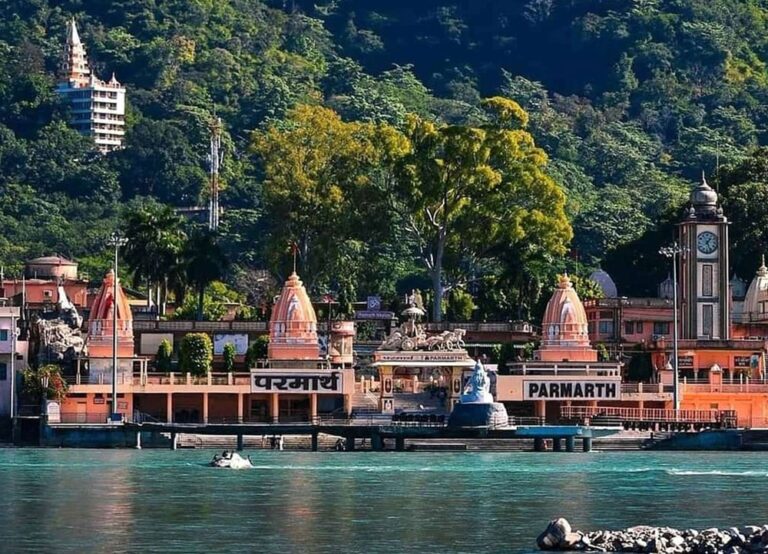
Parmarth Niketan Ghat Rishikesh – Complete Travel Guide (2026)
Parmarth Niketan Ghat Rishikesh – Complete Travel Guide (2026) If you are searching for the most peaceful and spiritual experience
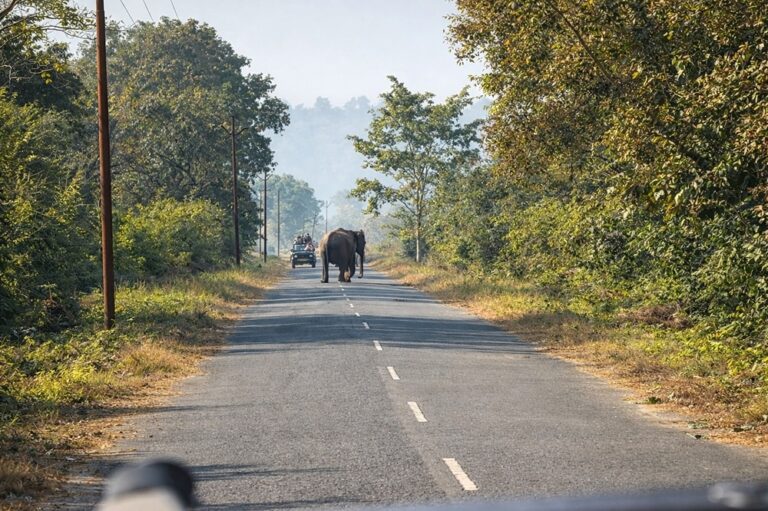
How To Reach Jim Corbett National Park from Delhi: Travel Guide (2026)
How To Reach Jim Corbett National Park from Delhi: Travel Guide (2026) Planning a trip to Jim Corbett National Park
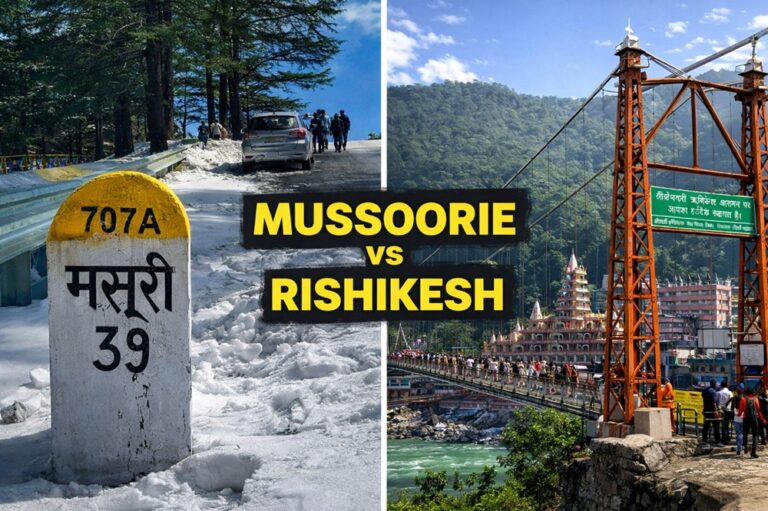
Mussoorie vs Rishikesh: Which Is Better for Your Uttarakhand Trip?
Mussoorie vs Rishikesh: Which Is Better for Your Uttarakhand Trip? Planning a trip to Uttarakhand and confused between Mussoorie or
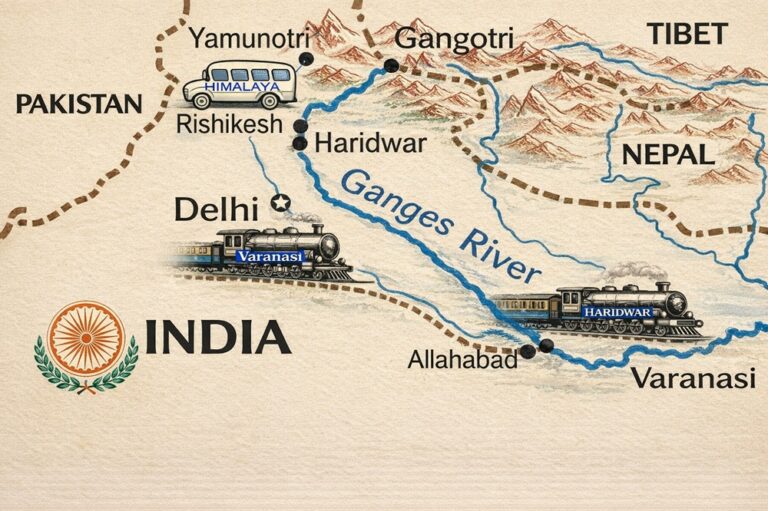
Varanasi to Rishikesh: A Complete Travel Guide for Foreign Tourists
Varanasi to Rishikesh: A Complete Travel Guide for Foreign Tourists Traveling from Varanasi to Rishikesh is a journey from India’s
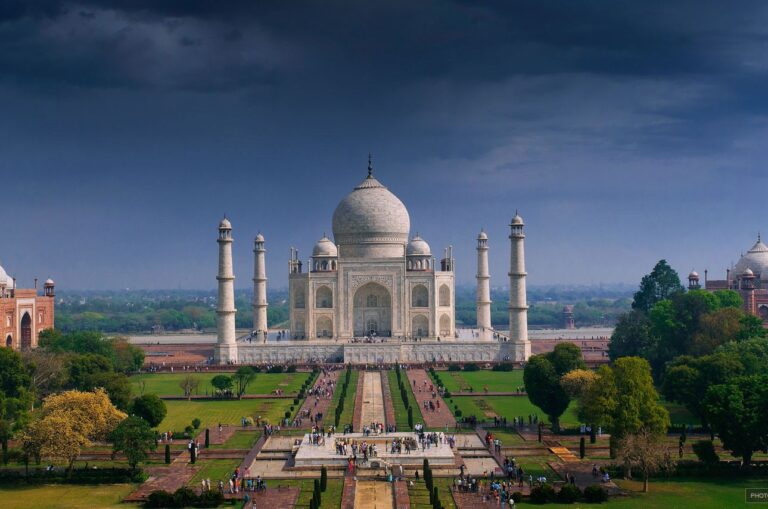
Cost of Entry to Taj Mahal: Complete Visitor Guide (2026–27)
Cost of Entry to Taj Mahal: Complete Visitor Guide (2026–27) (Timings, Tickets, Night Visit, Distance & Travel Tips) The Taj
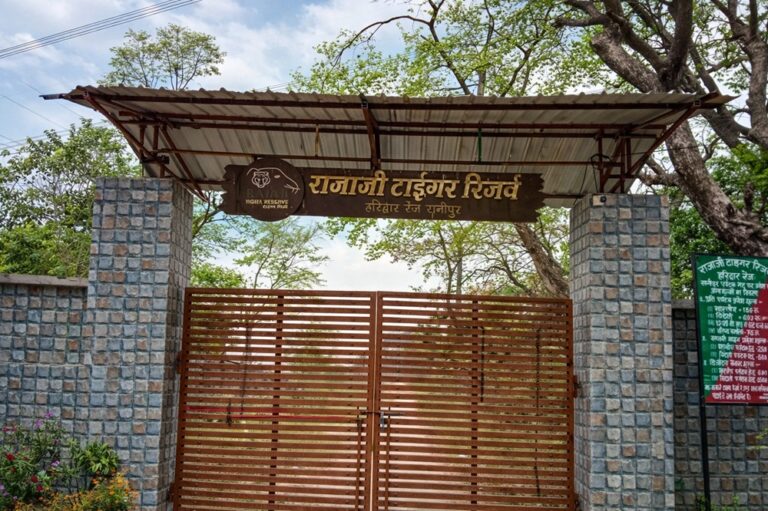
Ranipur Gate Rajaji Tiger Reserve: Jungle Jeep Safari in Uttarakhand
Ranipur Gate Rajaji Tiger Reserve: Jungle Jeep Safari in Uttarakhand If you’re looking for an easy, wildlife-rich jungle safari near
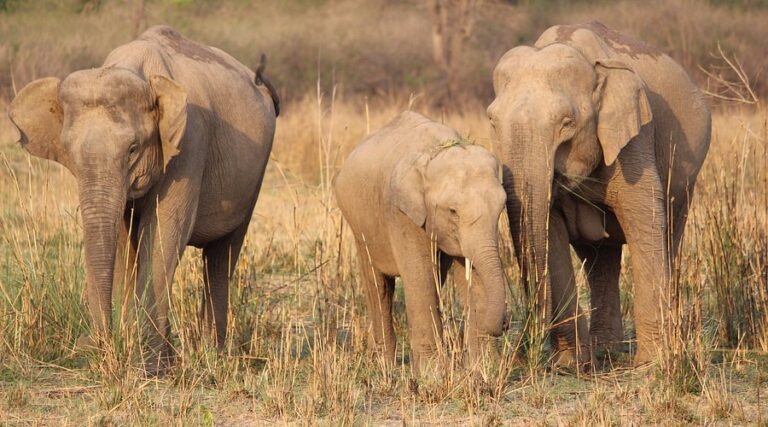
Rajaji National Park Opening Months, Time & Safari Booking Guide (2026)
Rajaji National Park Opening Months, Time & Safari Booking Guide (2026) Focused Keyword: Rajaji National Park opening months time booking
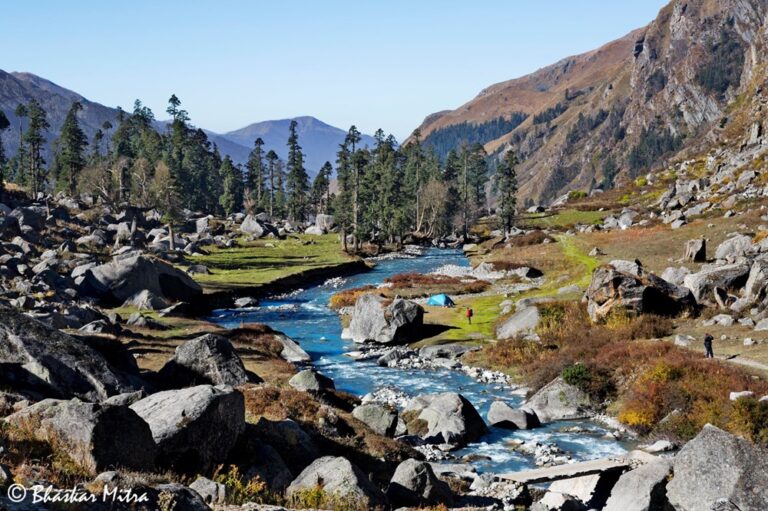
Trekking in Northern India: Discover the Best Short Treks in Uttarakhand
Trekking in Northern India: Discover the Best Short Treks in Uttarakhand When people talk about trekking in Northern India, one
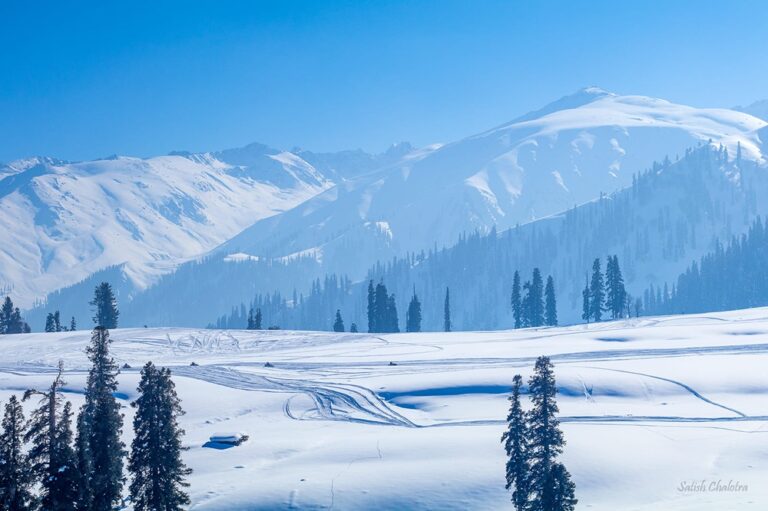
Holiday in September in India: A Guide for a Perfect Post-Monsoon Getaway
Holiday in September in India: A Guide for a Perfect Post-Monsoon Getaway Planning a holiday in September in India is
About me

I am Om. I am a Travel Consultant and a licensed Tourist Guide ( Approved by the Ministry of Tourism, Government of India), I am living in Rishikesh. I set up this blog to share my tips and experiences for traveling to inspire and help you to travel Himalayas & Spiritual Places in India.

